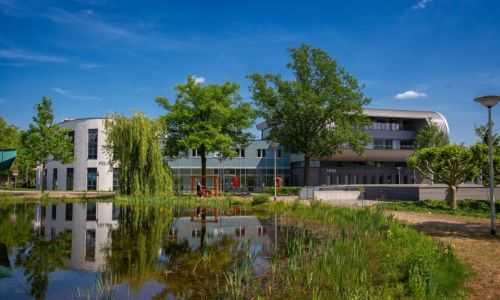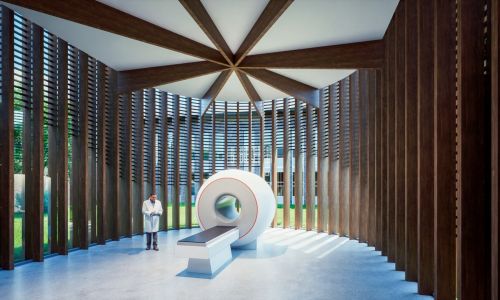Dijkgraaf hints at institutions’ own contribution to major scientific infrastructure
-
 Foto: Joeri Borst
Foto: Joeri Borst
There will be more clarity on funding for Nijmegen's magnetics and laser lab HFML-FELIX in the autumn. That is what Education Minister Robbert Dijkgraaf said yesterday during the 'the committee debate on science policy'. However, he does question the financing of the maintenance of major scientific infrastructure.
During yesterday’s lively Science Policy Committee debate, Lisa Westerveld (GroenLinks) questioned Education Minister Robbert Dijkgraaf (D66) about the funding of Nijmegen’s magnetics and laser lab HFML-FELIX. Last March, she had submitted written questions on the subject.
Due to the expiration of two long-standing contracts with science funding body NWO, HFML-FELIX has been in dire financial straits for some time. As a result, the lab is facing a deficit of millions of euros. Pending a solution, Nijmegen’s science faculty and Radboud University are covering the deficits.
Autumn
Westerveld asked the minister if he would ensure more structural funding for the lab in the future. ‘That is important for the researchers. You cannot always do long-term research projects with a temporary tenure’, Westerveld said, pointing out to Dijkgraaf that the minister previously called HFML-FELIX a unique research facility. She asked him how he views his role in preserving these unique research facilities.
Dijkgraaf initially reiterated what he had said earlier, specifically that he has asked science funding body NWO to explore the possibilities of continuing to fund HFML-FELIX together with Radboud University. ‘NWO has indicated it will look at this constructively’, the minister said. He said he would encourage these discussions and inform the House of Representatives later this year.
‘I have high hopes that NWO and Radboud University will figure out a solution’
To Westerveld’s follow-up question on when clarity on funding will be provided, the minister replied that this will be in the autumn. ‘I have high hopes that they will figure out a solution.’
Roadmap
Will this kind of problem become more common in the future? In the Netherlands, projects with a large scientific infrastructure do come up more often. Recently, the Education Minister shared 140 million euros with nine NWO roadmap grants (in Dutch, ed.), including to a Nijmegen super scanner that will be able to create unprecedentedly detailed brain images.
Such grants have helped HFML-FELIX develop into an internationally renowned research facility in the past. But who pays for these – often expensive – projects once the start-up grant has been exhausted?
During the Commission debate, Dijkgraaf showed that he was aware of the problem. He acknowledged that it is one thing to build the infrastructure, but another thing to maintain it. ‘If we keep building new infrastructure, how are we going to keep everything afloat?’, he wondered out loud.
According to the Education Minister, major scientific infrastructure will therefore have to deal with more frequent funding problems in the future. How he intends to solve this problem was not entirely clear yesterday. However, he did seem to hint that universities with such infrastructure will have to contribute to structural funding. ‘That is also going to demand something from the institutions’, said Dijkgraaf, who also said he does not have a separate budget for contingencies.
Translated by Jan Scholten



